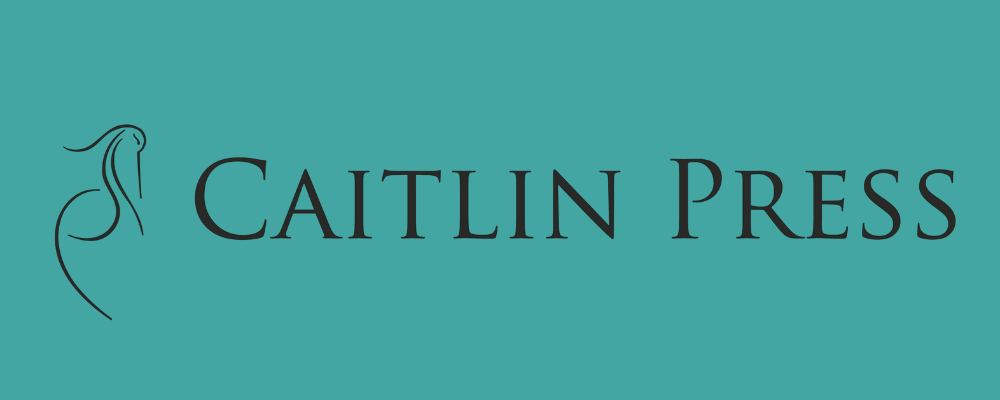We share some highlights from our newest study, Turning Pages: Print Book Use in Canada 2023, all about print books: who’s buying them, borrowing them, and reading them. What did we learn about their book acquisition and reading behaviours?
(Scroll down for a transcript.)
Want to make sure you never miss an episode of the podcast? You can subscribe for free on Spotify, iTunes, Pocket Casts, TuneIn, or SoundCloud.
Further reading
Transcript
Ainsley Sparkes: Hello and welcome to this month’s podcast episode. I’m Ainsley Sparkes, Director of Marketing and Communications at BookNet. This month we’re sharing stats from our newest (free) research report. Turning Pages: Print Book Use in Canada 2023, was released this past September. Haven’t had a chance to read it yet? Let me share some of the highlights with you now.
This report pulls together data from our annual publications the Canadian Book Consumer Study 2023 and Canadian Leisure and Reading Study 2023 as well as unreleased data from those consumer surveys. We took the respondents who read print books and looked closer at their behaviours around buying, borrowing, and reading.
You can find the full methodology and sample sizes in the study. But let’s get into the highlights!
Canadians are reading print books more than any other format — 92% of all Canadian readers read at least one print book in 2023, 73% of all Canadian book buyers bought print books, and 84% of all Canadian book borrowers borrowed print books from the public library last year.
Canadian print book readers are slightly more likely than all book readers to be ages 18 to 29 and most of them read between one and five books in 2023. Paperbacks were more popular than hardcover formats and they were most likely to read Mysteries and Thrillers. They were slightly more likely than all Canadian readers to hear about the books they read through word-of-mouth recommendations.
Canadian print book readers in 2023 were more concerned with sustainability than ever before. Over three quarters of print book readers donate or give away a print book after they finish reading it, and 70% want books to be made from sustainably-sourced paper.
Canadian print book buyers are slightly more likely than all book buyers to live in an urban area, to have some sort of degree, and to be employed. They prefer paperbacks to hardcovers, and the majority of book buyers spent between $1 and $49 in a given month on print books. Most of them pay full price for their books and the average price that print book buyers paid for their books has increased over the last five years. Print book buyers spent an average of $17.72 for paperbacks in 2023, up from $15.31 in 2019 and they spent an average of $24.04 for hardcovers in 2023 up from $21.15 in 2019.
Print book buyers purchased more books in-person than online in 2023 which is on track to return to pre-COVID behaviours.
There’s more about how buyers became aware of the books they bought, the most popular subjects they bought, and more in the report. But we’re going to move on to print borrowers now. As I said at the beginning, 84% of all Canadian book borrowers borrowed print books in 2023. Canadian print book borrowers are slightly more likely than all book borrowers to be single men with a graduate or professional degree who are working full time.
The majority of Canadian print book borrowers visited the library online in 2023, at 92%, and 71% visited the library in-person. In-person library visits for print book borrowers has stayed pretty flat since 2020, but their online use of the library continues to rise.
Print book borrowers were more likely than all book borrowers to take out books for someone other than themselves and those were mostly for children under 18. They overwhelmingly borrowed Mysteries or Thrillers and they chose to borrow instead of buy mostly because they wanted to save money.
There’s tonnes more information about Canadians who read, borrow, or buy print books in the study, so check it out.
Before I go, I’d like to acknowledge that BookNet Canada's operations are remote and our colleagues contribute their work from the traditional territories of the Mississaugas of the Credit, the Anishinaabe, the Haudenosaunee, the Wyandot, the Mi’kmaq, the Ojibwa of Fort William First Nation, the Three Fires Confederacy of First Nations (which includes the Ojibwa, the Odawa, and the Potawatomie), and the Métis, the original nations and peoples of the lands we now call Beeton, Brampton, Guelph, Halifax, Thunder Bay, Toronto, Vaughan, and Windsor. We encourage you to visit the native-land.ca website to learn more about the peoples whose land you are listening from today. Moreover, BookNet Canada endorses the Calls to Action from the Truth and Reconciliation Commission of Canada and supports an ongoing shift from gatekeeping to spacemaking in the book industry.
We'd also like to acknowledge the Government of Canada for their financial support through the Canada Book Fund. And of course, thanks to you for listening.














Insights into the latest updates and additions made to ONIX codelists.